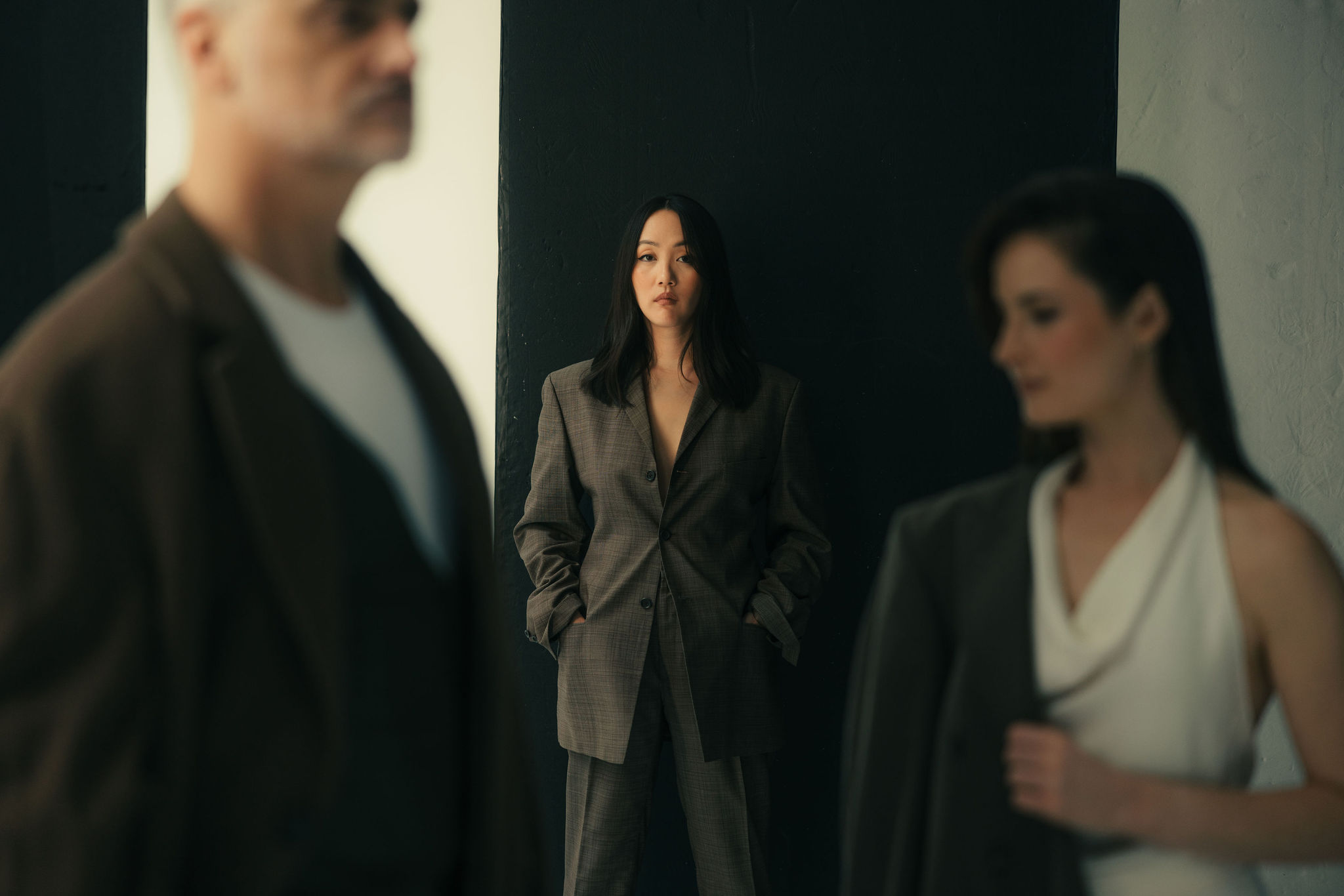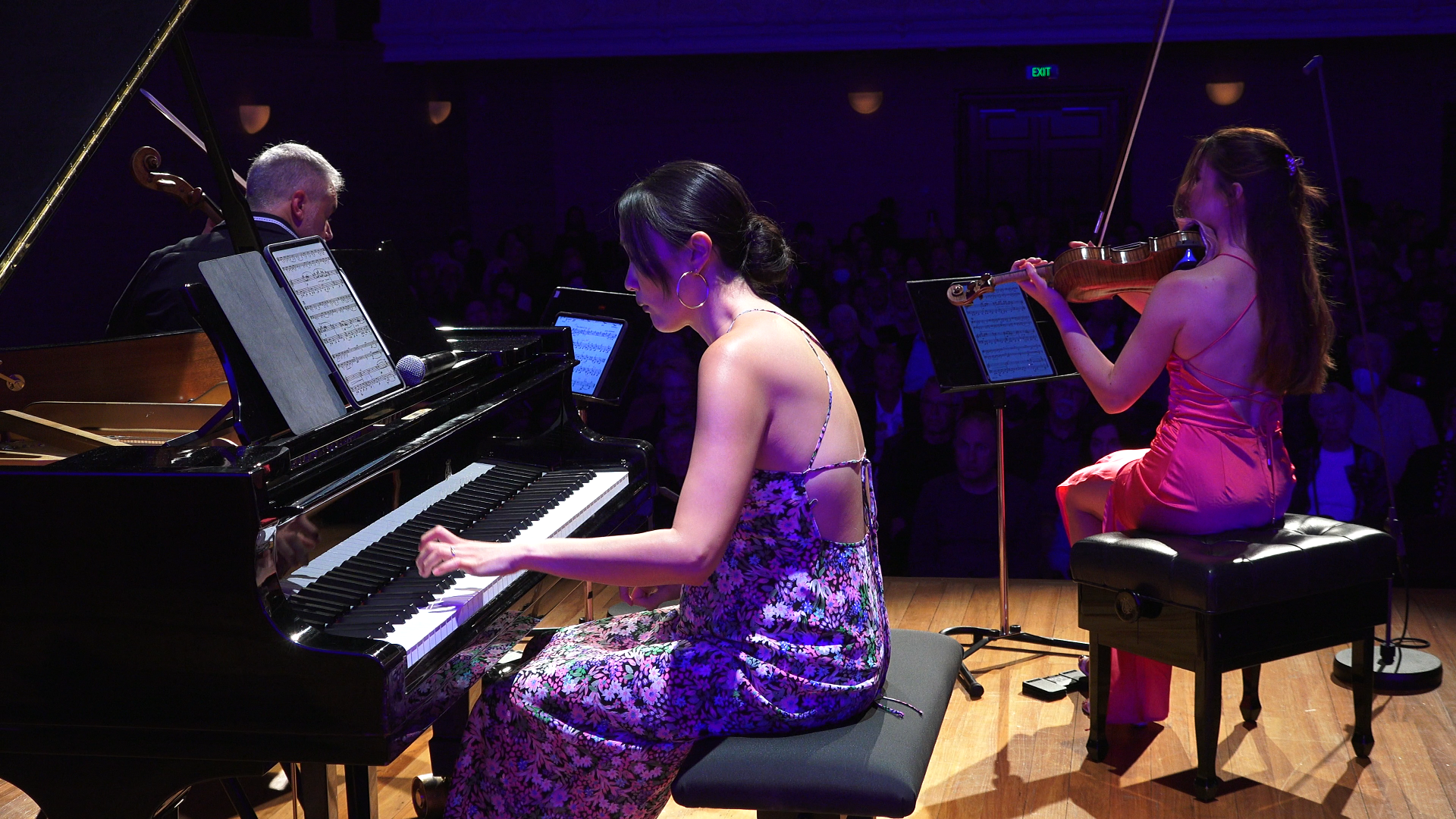Tectonic Impact
15oct7:00 pmTectonic ImpactBlenheim
Event Details
Frank Bridge (UK) Saltarello Martin Lodge (NZ) Nga Whetu Hou (new commission) Frank Bridge (UK) Intermezzo Ross Harris (NZ) Senryu Rebecca Clarke (UK) Piano Trio = Alfred Schnittke (USSR) Trio Daniel Schnyder (USA) Piano Trio NZTrio’s 2019 TECTONIC
Event Details
Frank Bridge (UK) Saltarello
Martin Lodge (NZ) Nga Whetu Hou (new commission)
Frank Bridge (UK) Intermezzo
Ross Harris (NZ) Senryu
Rebecca Clarke (UK) Piano Trio
=
Alfred Schnittke (USSR) Trio
Daniel Schnyder (USA) Piano Trio
NZTrio’s 2019 TECTONIC series examines the fundamental forces that shape environments and communities, focussing in on Aotearoa New Zealand’s turbulent relationship with the United Kingdom, and the struggle between Cold War superpowers Russia and America.
In this episode, IMPACT, the first half compares and contrasts the very English sounds of Frank Bridge’s parlour music and UK’s shining star Rebecca Clarke, colliding them with NZTrio’s latest commission from Martin Lodge which responds to the evolving Māori-Pakeha relationship, and a time-twisting earlier commission from kiwi composing colossus, Ross Harris. The second half delivers a battle between Russia’s aching angst and America’s swing and swagger, with Schnittke in one corner and Schnyder in the other. This programme packs a punch.
Approx. 90 mins plus interval followed by complimentary drinks and nibbles.
Time
October 15, 2019 7:00 pm UTC+12:00(GMT+00:00)
Location
ASB Theatre Marlborough
Programme Notes
Frank BRIDGE (UK; 1879 – 1941): 3 Miniatures for Piano Trio, Set 2
iii. Saltarello, c. 2’
Frank Bridge’s life falls into two periods: the composer of beautiful chamber music, much of it composed for himself to play on the viola (he was the violist of the fabulous Joachim Quartet) or for friends of his at the Royal College of Music; and later the staunch pacifist, musical radical, and beloved teacher to Benjamin Britten, who also became a popular conductor at the Proms. What happened in between was the First World War. These lovely miniatures – Saltarello and Intermezzo – come from the first part, composed the year after he’d won first prize for piano trio in the famous Cobbett competition.
(Intermezzo will follow the next piece on the programme).
Martin LODGE (NZ; 1954): Ngã Whetu Hou (new commission), c. 5’
Martin writes “The title Ngã Whetu Hou, New Stars, reflects how the annual reappearance of the Matariki (Pleiades) constellation may be taken to signal new beginnings. But as we gaze upwards and outwards beyond ourselves, sometimes new stars are discovered, as well as familiar ones being welcomed back. We are living in a time when it is becoming imperative for us all to find new ways of living if the familiar world is to endure. It is time to re-evaluate familiar things.
Musically, Nga Whetu Hou was created as a response to gestures on the pukaea (wooden trumpet) and putatara (conch trumpet) by my composer/performer colleague and friend Horomona Horo. Some key qualities signalled were vitality, challenge and optimism.”
Ngã Whetu Hou was commissioned by NZTrio in 2019. Support of the University of Waikato is gratefully acknowledged.
Frank BRIDGE (UK; 1879 – 1941): 3 Miniatures for Piano Trio, Set 2
ii. Intermezzo, c. 2’
Ross HARRIS (NZ; b. 1945): Senryu, c. 5’
泥棒を dorobō o
捕えてみれば toraete mireba
我が子なり wagako nari
Catching him / you see the robber / is your son
That’s senryu – named after its creator, the 18th century Edo period poet Senryū Karai – and similar to haiku in that it has no rhyme, and a set number of syllables running over three lines – but different in that where haiku is noble and atmospheric, usually about nature, senryu pokes fun at human foibles – as Ross puts it, “An inquiry into the nature of man.”
This is Ross’s first work for NZTrio, written during his tenure as Composer in Residence with the Auckland Philharmonia, not long after he left his teaching position at Victoria University in Wellington. He describes it with characteristic concision: “This music concerns the regular balanced proportions of section lengths associated with a poetic form. This strict formal outline is articulated freely and intuitively.”
Rebecca CLARKE (UK; 1886 – 1979): Piano Trio in E flat minor, c. 24’
i. Moderato ma appassionato
ii. Andante molto semplice
iii. Allegro vigoroso
One of the first great viola soloists, one of the first female students at the Royal College of Music, and for a while the “only lady” in Henry Wood’s Queen’s Hall Orchestra, Rebecca Clarke was much too busy to write very much: she was kicked out of home by her father for complaining about all his extra-marital affairs, and thereafter supported herself by playing viola just as it was emerging into the limelight, touring the world with her all-female chamber ensembles, and making many early recordings for the BBC. She also made her name across Europe: Artur Rubinstein called her ‘the glorious Rebecca Clarke’. Her best known works date from this period, most famously her viola sonata which is one of the great three of 1919 – Clarke, Hindemith, Bloch (Ernest Bloch was a good friend, as was Maurice Ravel). The great American philanthropist Elizabeth Sprague Coolidge picked her up into her stable of patronage – the only woman there – and in fact she ended up emigrating to the USA, joining her brothers in New York City to escape the fighting during the second world war. But then, having been actually disowned by her father, she never managed to get a visa back home! No problem. Almost the first thing that happened to her, walking along one of the streets of Manhattan to get her bearings, was she ran into one of her pianist friends from the RCM, a long-lost love. They got married, both in their late 50s, encouraged each other in their work and lived happily ever after – a first marriage for both of them. Later she wrote a fascinating autobiography entitled I Had a Father Too (or the Mustard Spoon).
Her music is typical of that lush, novel, impressionistic 20th-century sound world. And this piano trio is one of the greats: three movements all sewn together by that insistent gesture on the piano that you hear at the beginning. The first movement, engaging as it is, is perfect classical sonata form. The slow movement is like a gentle violin ballad – she wrote dozens of songs – before it all winds up in a darker, defiant, energetic finale.
The first review said this:
How remarkable it is that our women composers are so much more virile in style than some of our young men. Miss Rebecca Clarke has a strong right arm (We speak figuratively, of course). She can lay down the foundation of a big chamber work like her piano trio heard last night, with all the emphasis of a Liszt, and carry on with the sturdiness of a Frank Bridge. Sturdy!
There’s a wonderful interview with her on the internet if you can find it, recorded for WQXR New York for her 90th birthday, 1976.
Alfred SCHNITTKE (RUS; 1934 – 1998): Trio, c. 24’
i. Moderato
ii. Adagio
“Holding up a defiant, even joyous, two fingers to the denizens of stylistic purity” – The Guardian
Schnittke came from a long line of linguists. Originally from Germany, his family had been one of those to follow Catherine the Great to Russia, speaking German fluently and living in that curious German Soviet community that Lenin created on the banks of the Volga. His father was a journalist and translator, and the defining moment in his life came when the family was posted to Vienna for two years when he was 12 – the world of The Third Man, in the immediate aftermath of the second world war. And it’s there that he fell in love with music, and found his vocation. Later writing: “I felt every moment there to be a link of the historical chain: all was multi-dimensional; the past represented a world of ever-present ghosts, and I was not a barbarian without any connections, but the conscious bearer of the task in my life.”
And Vienna repaid the compliment. Although he only began his musical training in Moscow, later becoming a professor there, Schnittke turned throughout his life to the Viennese composers Mozart, Schubert, Mahler, rejecting Tchaikovsky and the other romantic Russians. He used to talk of “that certain Mozart-Schubert sound that I’ve carried with me for decades” and it’s a sound that shines on much of his music, “never too blatant”, and always through that inordinately modern, individual, historical Schnittke prism. But what he loved most was the Second Viennese School, and specifically the composer Alban Berg, and in 1985 he was delighted to accept a commission from the Alban Berg society of Vienna, for a string trio for Berg’s centenary – the trio that would eventually become this trio for piano, somehow lighter than the original and more classical and refined.
It begins with something that could be straight out of a Schubert piano sonata, or a Mahler symphony – a figure which we’ll be hearing in every possible permutation through this first movement, starting and stopping, fast and slow, insistent and intimate, tonal and atonal in turn (this is thrilling), going through a wonderful period of Mahler cantilena, then something that almost sounds like minimalism, and ending in an exhausted four-part minuet. The second movement is like all that, but sadder. It’s not only Berg’s centenary, it’s the 50th anniversary of his totally precocious death, and this is where you can hear Schnittke’s choral training coming to the fore. Russian dirge-like chorales follow late-Romantic lyricism; long string lines and crystalline piano writing all leading to a furious moment of catharsis and then sublimating into thin air. This is where Arvo Pärt comes from! Schnittke did it first – so beautifully.
Daniel SCHNYDER (USA; b. 1961): Piano Trio, c. 23’
i.
ii.
iii. Scherzo
iv. Very fast; Tempo di funk”
Daniel Schnyder got the jazz bug off the radio when he was 12. Stan Getz inspired him to swap cello for saxophone: Gil Evans inspired him to form his own chamber ensemble, and start to compose: and within only a few years he was being commissioned by the Tonhalle Orchestra Zurich, the finest orchestra in Switzerland. Add to that his middle eastern interest, his father was an archeologist and amateur musician who travelled there frequently on digs, and then his strangely reverse path to classical music studying flute and the music of the 14th and 15th centuries, and you get a musician who everybody agreed was a prodigy and yet completely failed to fit in.
All that changed when he was 30 and moved to New York. He fell in with bass trombonist David Taylor and the New York brass scene, just as the big jazz orchestras were giving some way to more intimate ensembles: he began incorporating the African and middle eastern rhythms he’d grown up with; and immediately began making his name not only as a horn player and jazz arranger but also as a classical composer, with four symphonies so far, his first residency at the Milwaukee Symphony, and his first Grammy nomination for his trio, Worlds Beyond.
This trio shows all his signature effects – swinging jazz, legato tunes, shifting harmonies, figured bass – all leading towards the fabulous last movement where this asymmetric rhythm comes and goes against backbeats and counterpoint – and then wraps up in a tease before you know it. One of the most endearing qualities of Schnyder’s music is that it never overstays its welcome. As he says: “I am a musical farmer, who is simply tilling the soil and people who are hungry, come and take something. Once in a while they even pay for it!”
Programme notes by Charlotte Wilson


